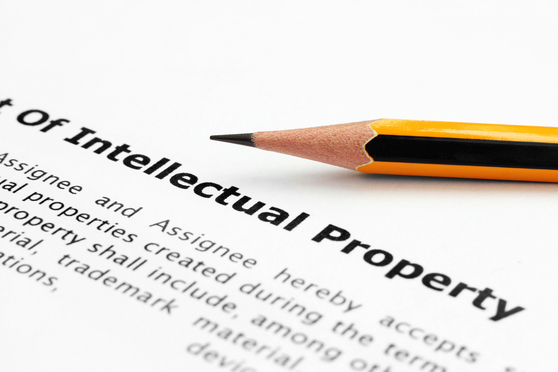This is part of a series of articles on transactional contracts issues by Prof. Michael L. Bloom and students in the Transactional Lab & Clinic at the University of Michigan Law School.
In the technology industry, a claim that the IP of a business’s products infringes a third party’s IP rights can have devastating and costly results. For this reason, buyers of technology products are likely to seek the inclusion of IP indemnification provisions in their agreements with the sellers of those products. And also for this reason, sellers of those technology products should pay close attention to the language of these IP indemnification provisions. Small changes in the language can have a big impact on the scope of an indemnification obligation. This article suggests several ways to limit a seller’s potential liability with respect to IP indemnification.
This content has been archived. It is available through our partners, LexisNexis® and Bloomberg Law.
To view this content, please continue to their sites.
Not a Lexis Subscriber?
Subscribe Now
Not a Bloomberg Law Subscriber?
Subscribe Now
LexisNexis® and Bloomberg Law are third party online distributors of the broad collection of current and archived versions of ALM's legal news publications. LexisNexis® and Bloomberg Law customers are able to access and use ALM's content, including content from the National Law Journal, The American Lawyer, Legaltech News, The New York Law Journal, and Corporate Counsel, as well as other sources of legal information.
For questions call 1-877-256-2472 or contact us at [email protected]






